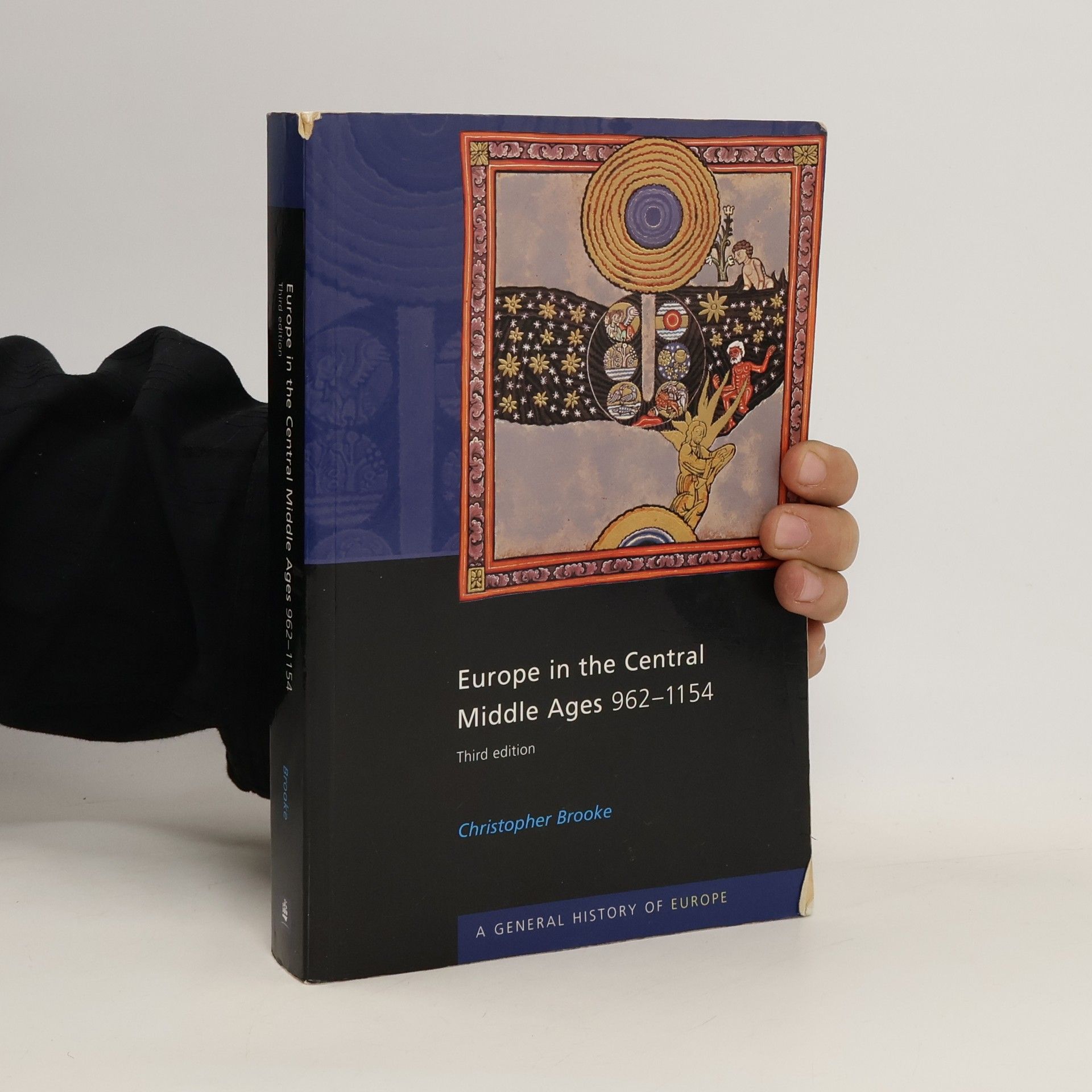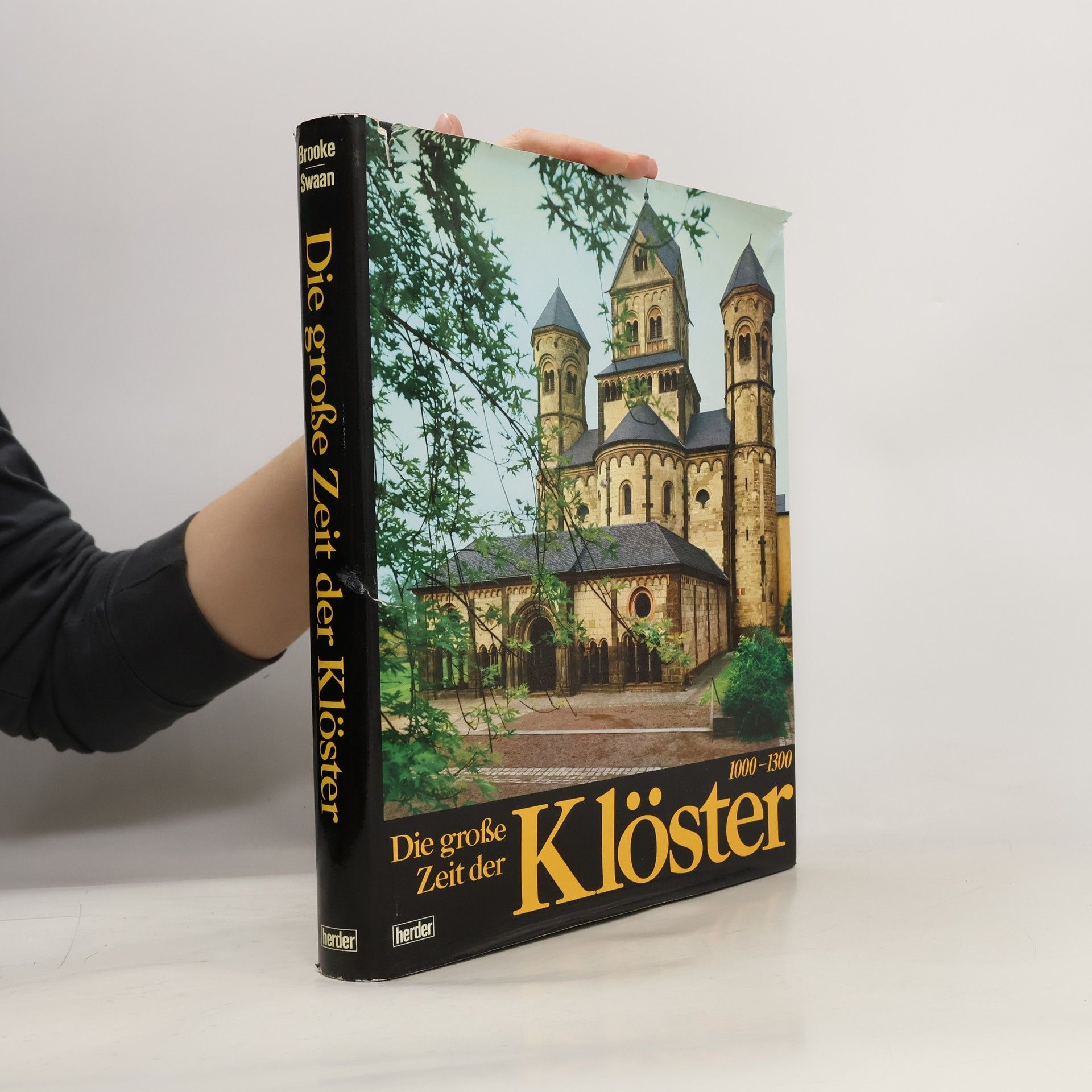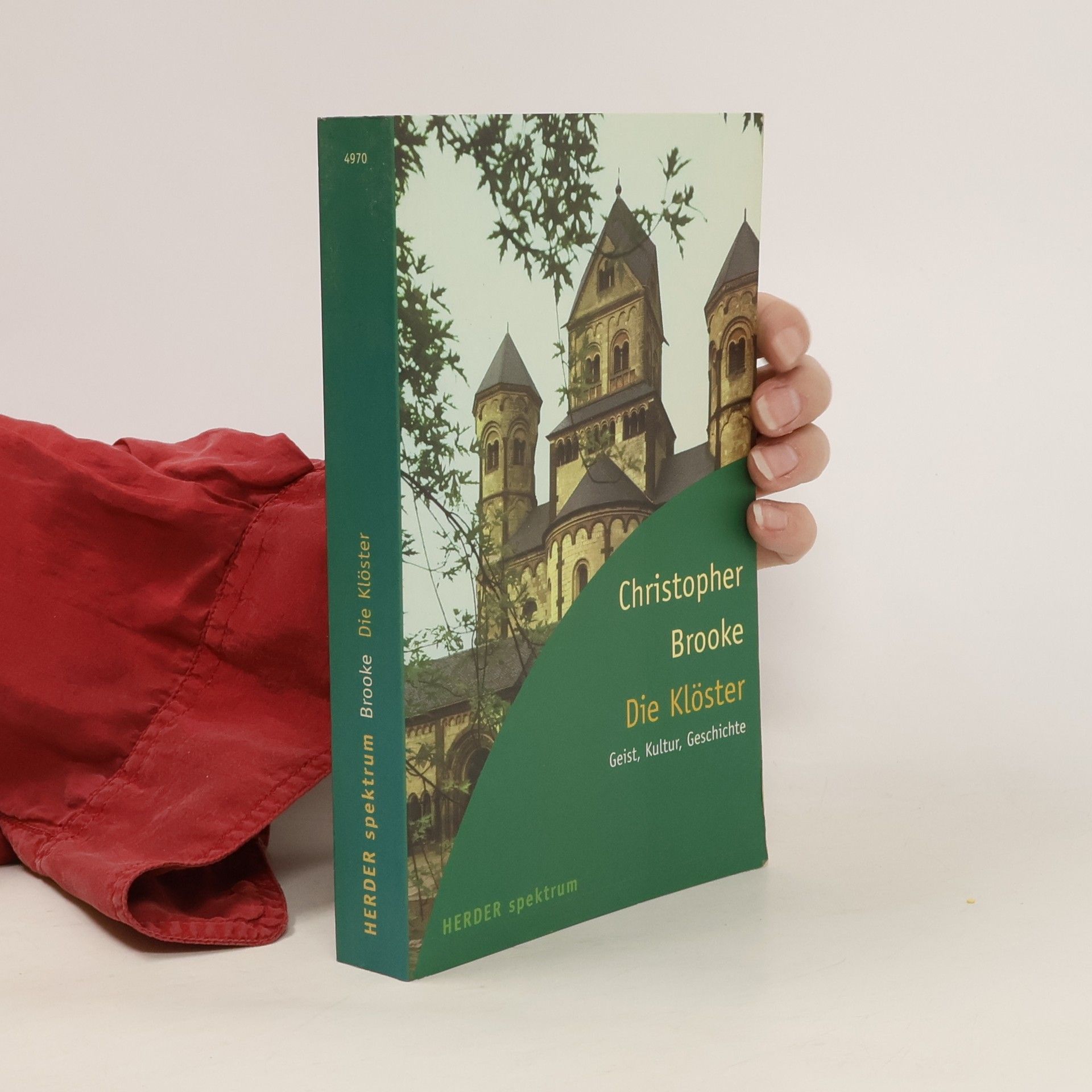Die Klöster
- 319 Seiten
- 12 Lesestunden
Geschichte
Christopher Brooke war ein britischer Mediävist, dessen wissenschaftliche Beiträge sich hauptsächlich auf die Kirchengeschichte konzentrierten.






Geschichte
This reissued edition serves as an essential research tool for scholars of medieval religious history, featuring significant corrections that enhance its academic value. It offers a comprehensive overview of the period's religious practices and beliefs, making it a vital resource for understanding the complexities of medieval spirituality and its historical context.
This book serves as a comprehensive continuation of its predecessor, exploring the evolution and impact of religious leadership in England and Wales from 1216 onwards. It delves into the lives and contributions of notable figures in the ecclesiastical hierarchy, examining their roles in shaping religious, social, and political landscapes during the medieval period. Rich in historical detail, it provides insights into the dynamics of power within the Church and its influence on society.
Concentrating on arguments in moral psychology surrounding the foundations of human sociability and self-love, this book details how the engagement with Roman Stoicism shaped early modern political philosophy. It offers interpretations of Lipsius and Rousseau.
Christianity and Islam in the Spanish peninsula
Exploring the origins and development of monastic life, this book delves into its historical significance and influence on modern spiritual seekers. Through thorough research, it highlights the practices and philosophies that have shaped monastic communities and their enduring relevance in contemporary spirituality. Readers will gain insights into how these ancient traditions continue to inspire and guide individuals on their personal journeys.
This classic exploration of the history of English kings and kingship from the sixth to the twelfth century has now been brought up-to-date for a new generation of readers.
Další svazek z řady Dějiny Evropy navazuje na Evropu raného středověku Rogera Collinse, vydanou v loňském roce. Dvě staletí zahrnutá v předkládaném svazku přibližují Evropu v období velikých proměn. Veliké milénium, rok 1000, s sebou přineslo vlnu obav a očekávání, vzestup mysticky orientované zbožnosti i lidových kacířských hnutí. Evropa mezi 10. a 12. stoletím se otevírá geograficky – křížovými výpravami dosahuje Svaté země, aby zde uskutečnila jeden ze svých nejskvělejších snů, a dosáhla svého největšího nezdaru. Christopher Brooke se podrobně věnuje významným politickým dějům daného období – vzestupu a krizi svaté říše římské, reformě a vzrůstu moci papežství, normanským výbojům, boji mladé evropské společnosti s expanzivní mocí islámu a vztahu západní Evropy k Byzanci. Stranou autorova zájmu nezůstávají ani dějiny hospodářské a kulturní, pozornosti se dostane novým mnišským řádům, jako byli cisterciáci, i vůdčím postavám středověkého myšlení Anselmovi a Abélardovi. Kniha Christophera Brooka konečně neopomíjí ani dějiny všedního života, poutavě přibližuje mimo jiné postavení žen, role měst či pouti a cestování v Evropě „velkého milénia“.